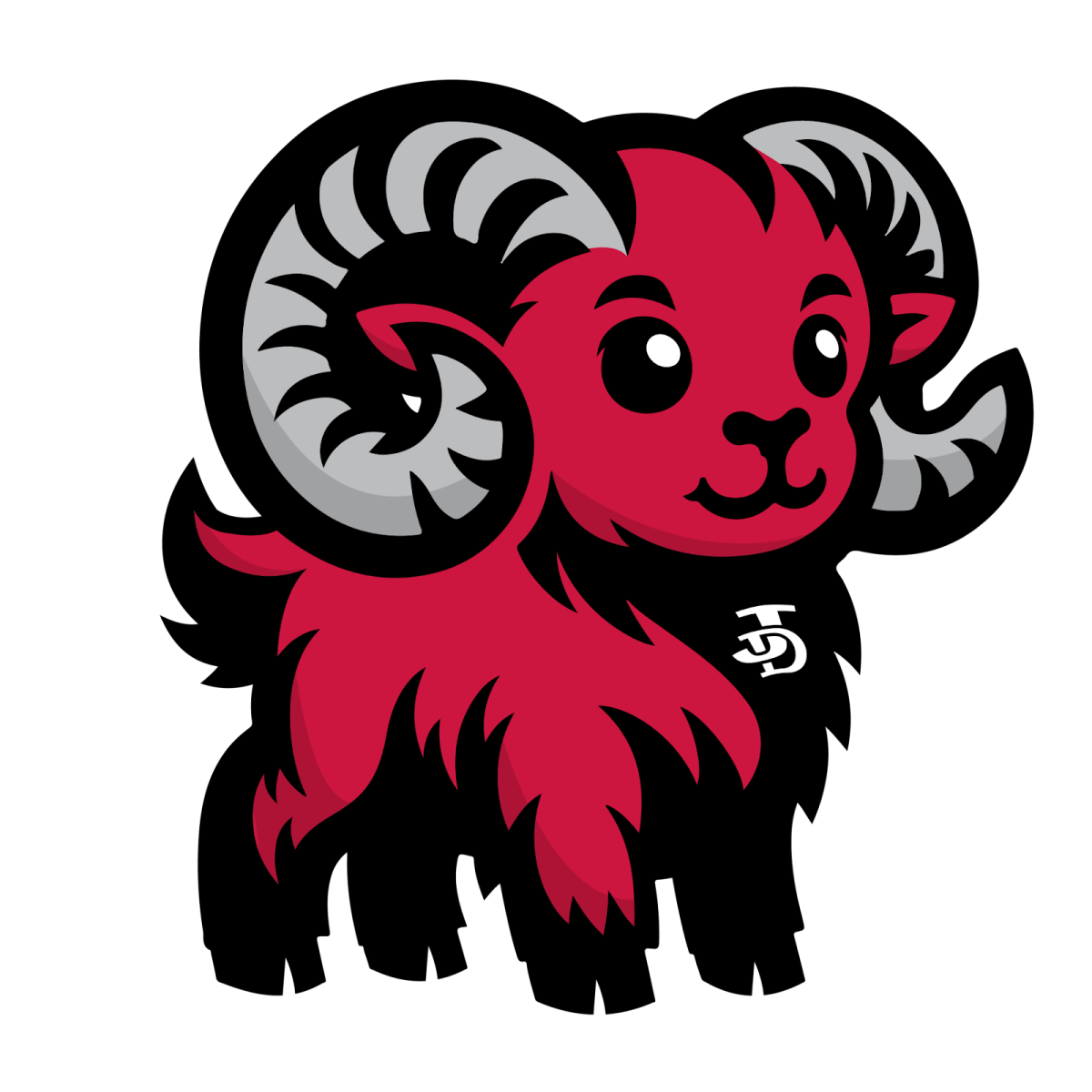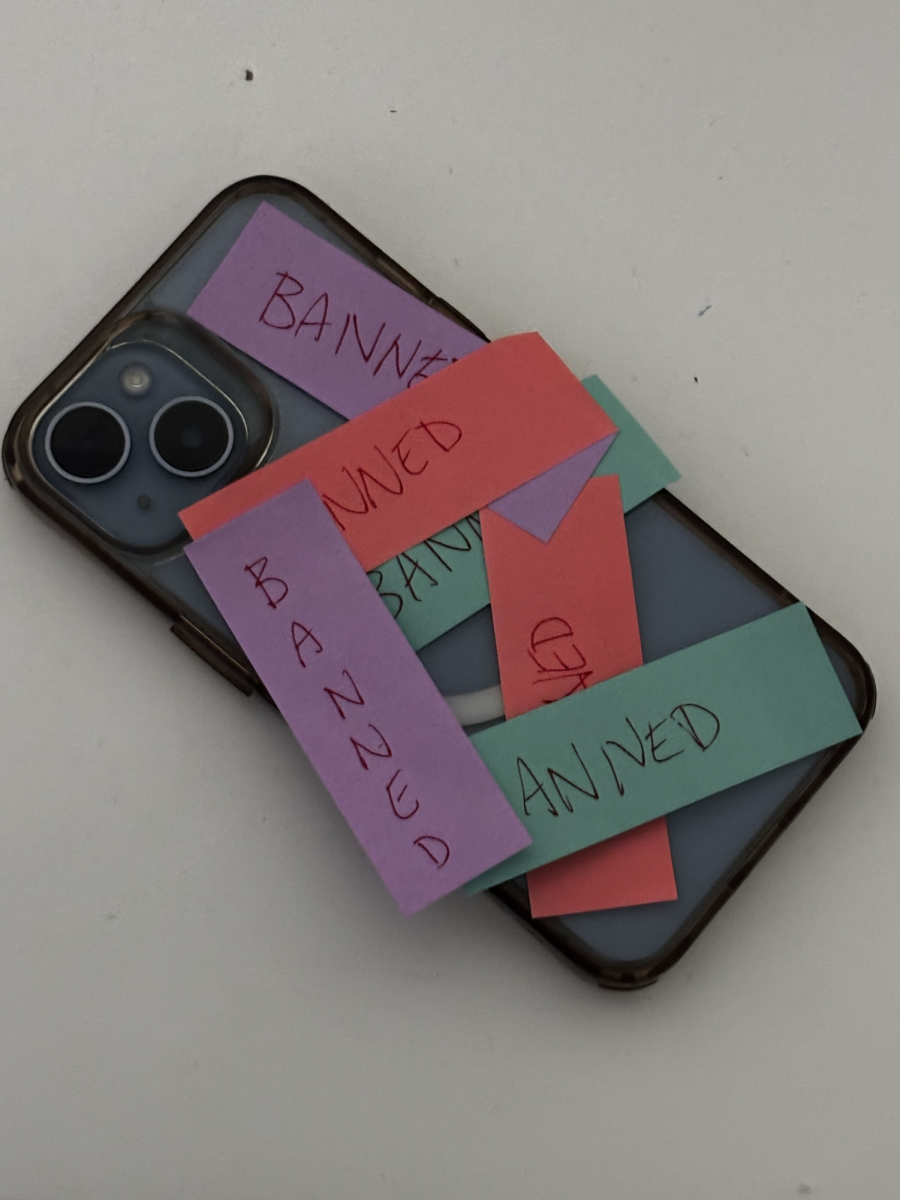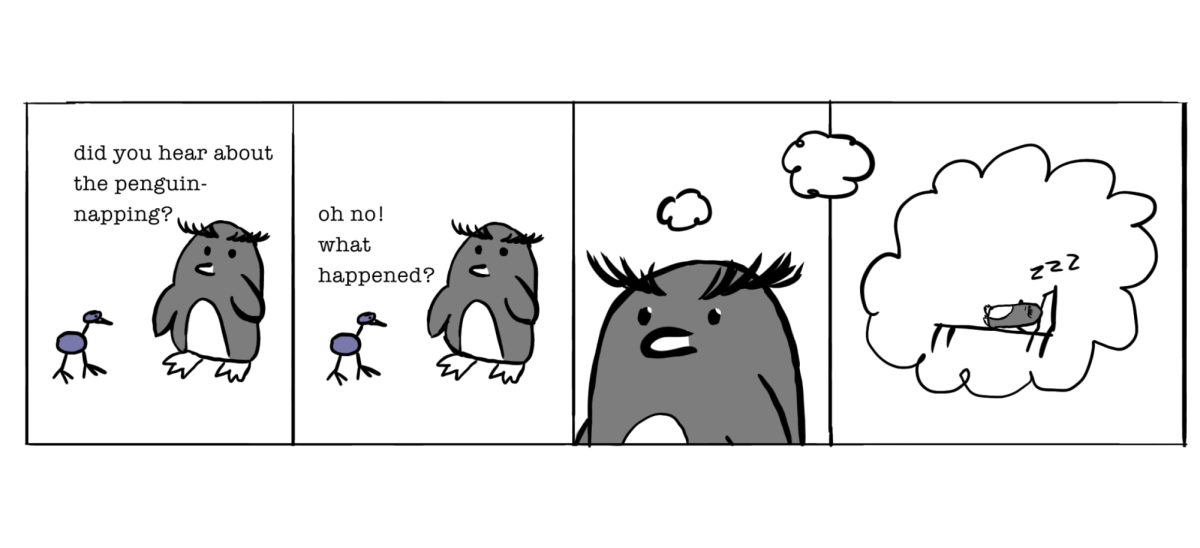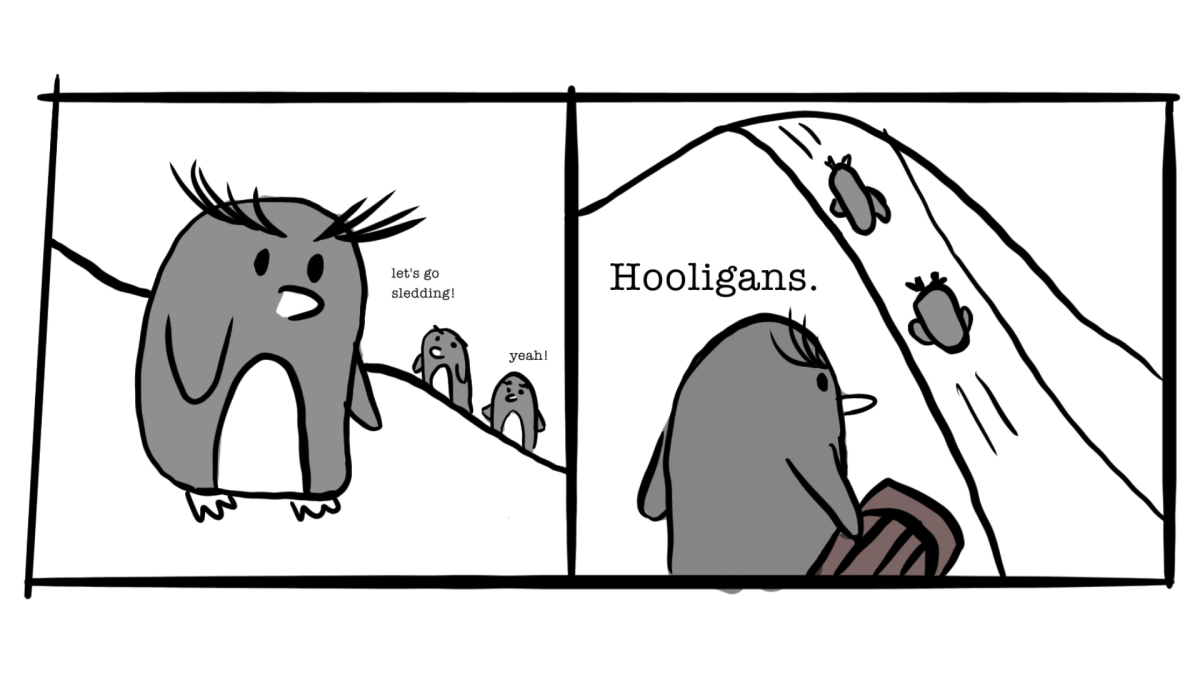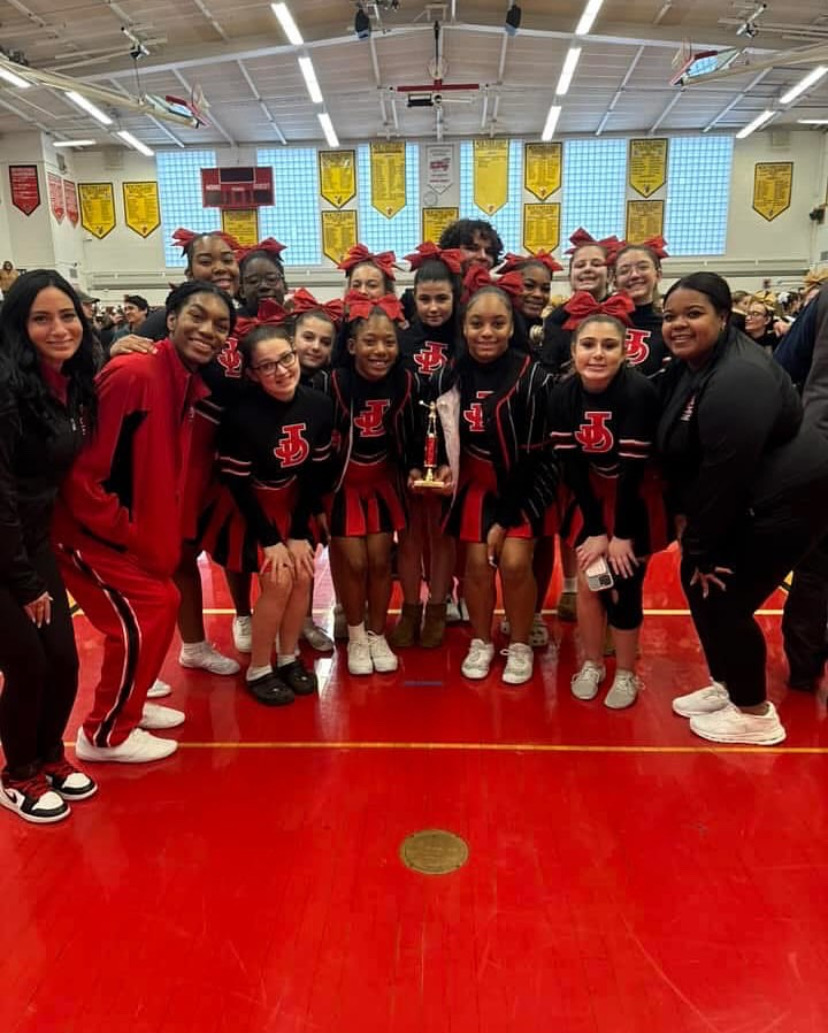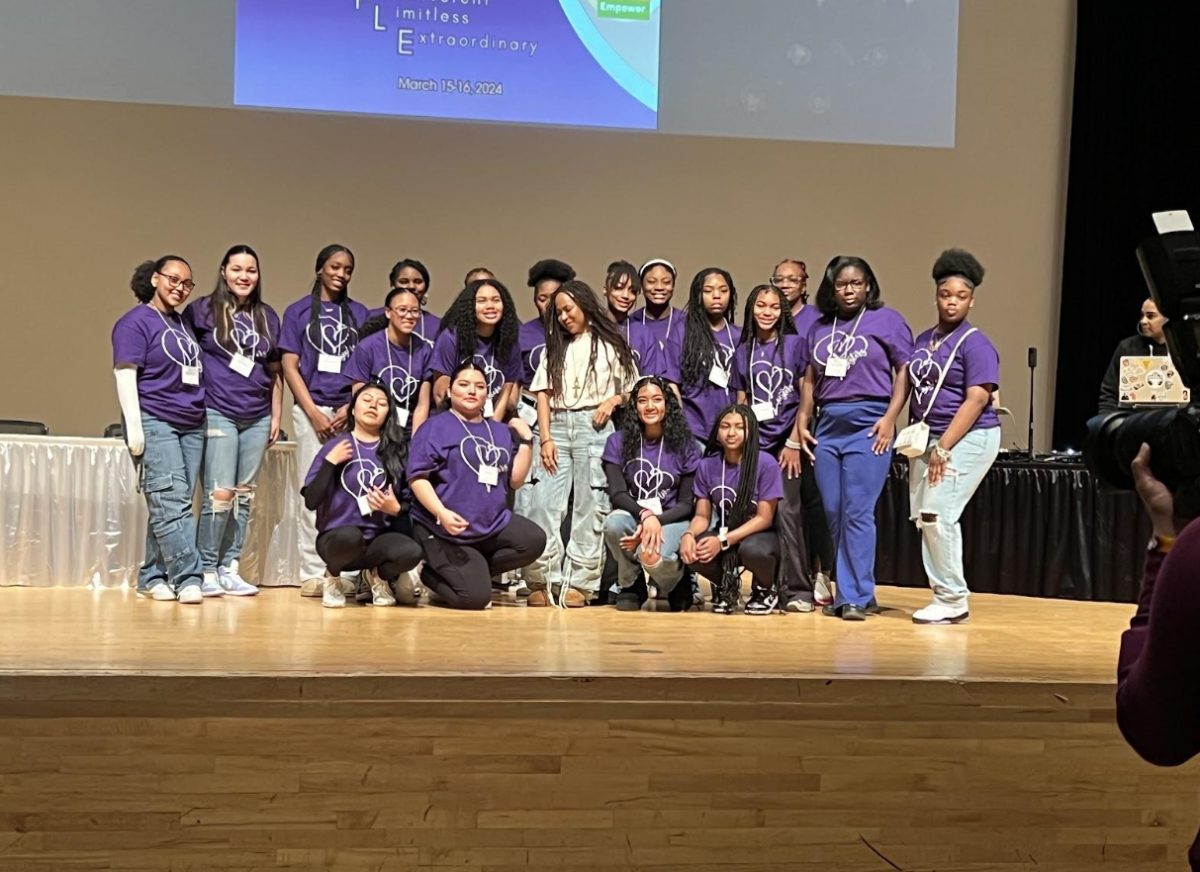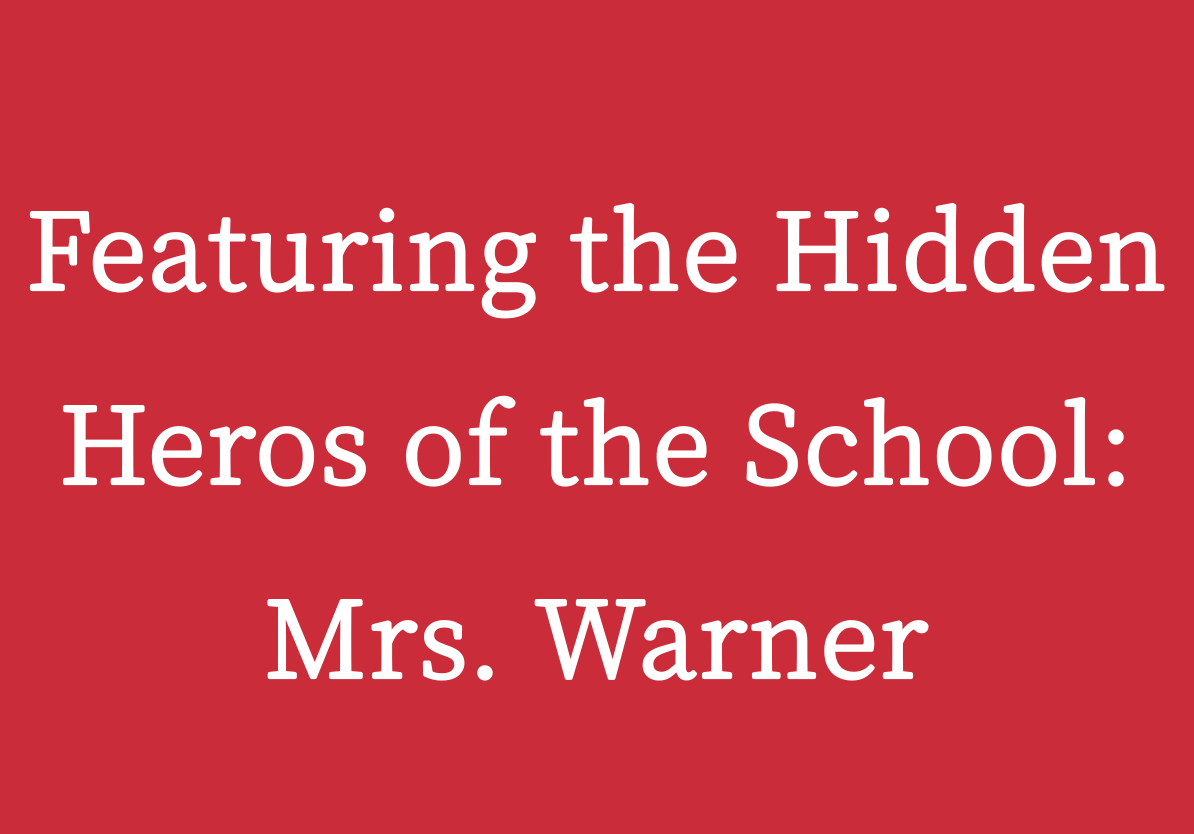J-DHS sophomores Connie Zhang and Andres Valladares have been dancers as long as they can remember, with their experiences through dance molding them into the people they are today.
A Dancing Childhood:
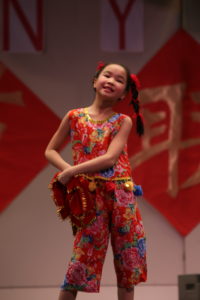
Zhang began her dancing life when she was only two and a half years old. Originally, she participated in both dance and gymnastics classes, but soon realized she connected with the smooth, flowing nature of dance more than the sturdiness and tricks she found in gymnastics. Through her studio, Dance Centre North, she explored the diversity of dance and tried a wide variety of forms including jazz, modern, tap, ballet (with pointe), and partnering. And until she graduated, she also danced at her Chinese school, where she tried many different Asian styles.
Valladares began his performing career in California when he was six years old. He first participated in stage fighting and eventually started going to ballet and partnering classes at the American Academy of Ballet. When he moved to Syracuse, he first attended Syracuse City Ballet, where he continued ballet and also tried out modern and hip-hop. Then, after deciding to leave Syracuse City Ballet, he ended up at Dance Centre North where he continues with modern and ballet, and also partnering.
Experiences Through Dance:
Almost all of Zhang’s dance experiences have been at Dance Centre North. She doesn’t remember exactly why her family chose the studio, but she said, “I’m very glad we did because I can’t imagine myself somewhere else.” To Zhang, Dance Centre North has become a second family, having grown up with her fellow dancers there. Each year, the studio performs their holiday show, Dasher’s Magical Gift, which is by far her favorite experience. She’s been a part of the show for three years and enjoys the hours of rehearsals, especially those in the theater. The last year she was in it, she was surprised to be cast as the lead, Dasher. This taught her more about character dancing and acting, as well as how to fly as a reindeer.
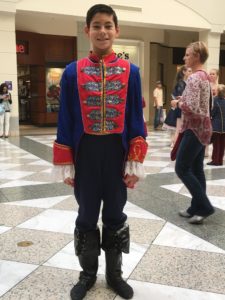
Valladares has gone to more studios than Zhang, but it hasn’t lessened his appreciation for each studio’s community. He likes how there is a social environment at Dance Centre North, but the teachers also treat their students professionally. For Valladares, a teacher really “makes or breaks the class,” so it’s important that they’re willing to give their students corrections and that they can make good decisions when it comes to choreography, song, and topic choices. For him, dance is also like a separate life, and over the years, he’s enjoyed participating in shows as well, agreeing that performing in a theater is a very “surreal experience.” In California, he enjoyed his studio’s production of The Nutcracker, especially since it was performed by their studio alone, allowing him and his peers to have larger roles.
Lessons Through Dance:
Besides the looks Zhang receives when she slides into a split during P.E. class, being a dancer has affected many other areas of her life. Physically, there are some exercises she can’t do because they’ll negatively impact her performance at rehearsals. In addition, dance classes are a large commitment, both time and money-wise. Students have to pay for things such as costumes, pointe shoes, tights, and leotards on top of classes, and dance rehearsals can take up to 14 to 15 hours total on busy weeks. “It gets to be a lot and I think it has taken some time away from me being able to spend time with friends,” Zhang said. But the time she’s dedicated to dance has improved many parts of her, including her memory, perseverance, and endurance. Every class, they learn new dance combinations/choreography and have to remember previous choreography, and their long rehearsals take a toll both physically and mentally. But because of this, Zhang’s learned how to push through even when she doesn’t necessarily want to.
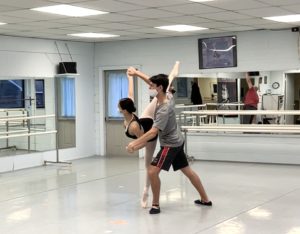
Similar to Zhang, Valladares has felt some of the limitations created by participating in dance. His favorite sport is track and field, but the season comes right around the studio’s spring/summer performances and the two are “polar opposites,” making it hard to do well in both track meets and dance rehearsals. But he doesn’t regret his choice to pursue dance. Through dance, he’s learned many things outside of just tricks and moves, like skills such as acting. In their shows, they don’t sing or talk, so he’s had to learn how to act well enough that people in the back of the top balcony can understand what he’s expressing. And, in general, ballet and dance are very challenging. “The classes are physically demanding and some would say ‘intense’,” Larry Crabtree, Zhang and Valladares’ ballet and conditioning instructor at Dance Centre North, said. But Valladares has definitely gained some maturity from dance, due to this challenge and the serious topics they express in their modern performances.
Awareness of Dance:
While Zhang thinks dance should be something everyone enjoys at least once in their life, making the choice to take a class is different for everyone. There are many different styles, with hip-hop or jazz being more popular choices, and ballet being more challenging. Ballet (and pointe) are very difficult and are easily underestimated. It takes dedicated ballet dancers with a lot of experience to make it seem effortless. Pointe is painful (with Zhang believing it may even be more painful than being tackled by a football player – from experience) and the shoes are especially uncomfortable, so much so that they make shoes like high heels seem comfortable. And though she realizes that J-DHS’s environment is more sports and academics-centered, she does wish other activities like dance could be recognized more than they currently are. Also, not every dancer is a competitive one, so just because it’s not competitive dancing, doesn’t mean it’s just a hobby or something that isn’t considered serious. It’s more than a hobby. Zhang likes to call it an “arty sport.”
Valladares also thinks more people should dance, even if it’s not serious. He just thinks it’s fun and good for one’s health. And though it is very challenging, it’s difficult in its own way. There’s a large mental component, with dancers having to do a lot of thinking throughout their rehearsals and performances about what comes next since there’s no room for improvisation. He understands that sports are good in their own right as well, but dancing definitely deserves more awareness in our community. Although the number of serious dancers at J-DHS is low compared to student athletes, that doesn’t mean dance deserves any less attention. Valladares said, “[Those students] are usually thinking about dance a lot, when anybody else can spend months not thinking about it.”
Hopes for the Future:
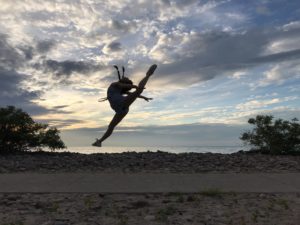
Though Zhang doesn’t plan on becoming a professional dancer, she doesn’t want to lose that part of her either. She plans on continuing at Dance Centre North until she’s a senior in high school, and from there, she’s considering a dance minor in college. Zhang thinks that dance is not only a great skill to have, but for her, it’s also the only thing that can get her mind off everything else that’s going on in her life. As Crabtree said, “The movement and music allow for them to escape, become a way for them to express and let go of some of what they are holding onto.” While her future may not revolve around dance as a career, she does recognize its importance and hopes she’ll be able to keep it, at least in some form, as a part of her life forever.
Valladares also doesn’t have any true plans for dance in his future. He does see himself continuing until the end of high school, but his other interests are so different from anything dance-related that he doesn’t see it being a large part of his future. He is keeping his options open though and is interested in teaching dance in his college years or maybe afterwards. He thinks it would be “fun to be on the other side of the picture” after being a student for so long. Dance will always be a part of who he is, and even if he doesn’t end up pursuing it at a higher level, he won’t lose it.
For Zhang and Valladares, dance will always be a part of who they are through their memories, hopes, and personalities. The challenge that comes with mastering the physical technique and discovering how to express emotions through their bodies have made them stronger individuals. “Anyone that commits this much time to dance, in addition to their academics, and also adds to their plates by volunteering for rehearsals and performing opportunities, does so because they love it, and for that, I am grateful to them [Zhang and Valladares] for their respect of the art form and their professionalism,” Crabtree said. Dance isn’t just a hobby for Zhang or Valladares. It’s an irreplaceable part of their lives.
Check out this video to see some clips of Zhang and Valladares dancing:

